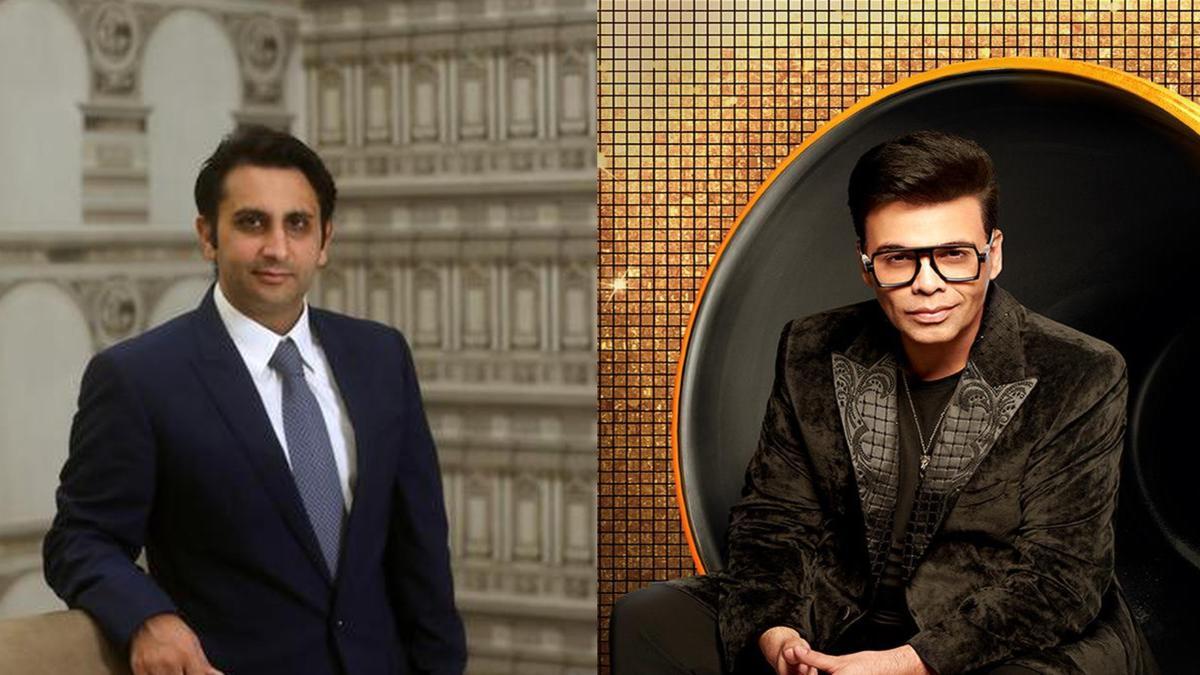
In a significant development for Indian cinema and LGBTQIA+ storytelling, acclaimed filmmaker Onir is set to premiere his latest short film, We Are Faheem & Karun, against a backdrop rife with complexities. The film, which is poised to make its debut at the Dharamshala International Film Festival, delves into the nuanced narrative of a queer love story set amidst the tumultuous region of Kashmir. Adding to the film’s gravitas is the involvement of Fire director Deepa Mehta, who joins as the presenter, lending not only her support but also her deep understanding of films that challenge societal norms.
The storyline, hailed for its emotional depth and profound exploration of friendship and duty, is especially poignant given recent historical milestones. Spearheading such poignant narratives, Onir relies on the universal themes of love and compassion to highlight the human cost of geopolitical strife. The film stars Tawseef Mir and Akash Menon, promising compelling performances that capture the essence of love in the face of daunting adversity.
The genesis of We Are Faheem & Karun can be traced back to a drafted script that sparked controversy. The Ministry of Defence (MoD) notably rejected Onir’s original screenplay for being “illegal” in its representation of a queer soldier. This refusal to grant the script a No Objection Certificate (NOC) stemmed from the film’s depiction of an LGBTQIA+ individual in the military—a subject still fraught with tension in India despite the decriminalisation of homosexuality by the Supreme Court in 2018.
Faced with such hurdles, Onir’s resolve only strengthened, embodying a spirit that resonates with many artists who have faced institutional resistance. “If you tell an artiste no, he will still make the film,” he asserted back in January 2022, and true to his word, We Are Faheem & Karun was reimagined and brought to life. The narrative took a transformative leap, weaving a story centered on Karun, a diligent security guard hailing from Kerala, working at a construction site in the conflict-torn Kashmir, and Faheem, a local college student caught in the throes of personal and social upheaval.
Mehta, known for her fearless filmmaking, which includes tackling themes that film industries often shy away from, expressed her admiration for the film.
. “We Are Faheem & Karun captures the essence of human struggles—the heartache and kindness within conflict zones. It’s vital for such stories to be told now more than ever,” declared Mehta, underscoring the importance of art in mirroring and challenging our worldviews.
This film is part of the larger We Are anthology series by Onir, a collection that seeks to question, provoke, and inspire dialogue about identities, particularly within the LGBTQIA+ community. Reflecting on the societal challenges that persist even after legal victories like the decriminalisation of homosexuality, Onir comments, “Despite the Supreme Court’s 2018 decision, our society remains fragmented. It’s crucial to incite empathy and understanding, and to make spaces safer for queer voices. This film is a plea for accepting the innate humanity in everyone, asking why acceptance is so elusive when it does not intrude upon personal boundaries.”
What makes We Are Faheem & Karun stand out is not only its storyline but also its ambitions—to thrust LGBTQIA+ narratives into the mainstream and to echo the resilience of love amidst conflict. The film challenges viewers to rethink preconceived notions, aiming to foster empathy and inclusiveness in societal discourse.
Onir’s We Are Faheem & Karun is not just a film; it is a poignant statement. It challenges us to look beyond ourselves, to question how we perceive love and acceptance, and to unlock the richer, more inclusive human experience that lies just beyond our prejudices. At the heart of this cinematic experience is a simple question: why are we afraid to embrace what does not harm us but only enriches our human tapestry?
As it screens at the Dharamshala International Film Festival, the film is set to resonate with audiences, not just as a story of queer love but as a clarion call for acceptance, empathy, and the courage to forge ahead despite systemic hurdles. This endeavour promises to be a landmark moment for Indian cinema and a beacon of hope for stories yet to be told.










